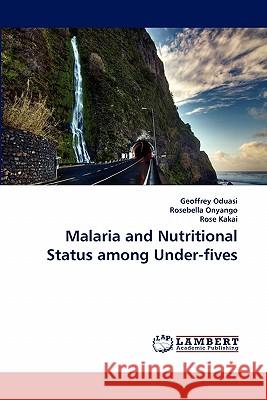Malaria and Nutritional Status among Under-fives » książka
Malaria and Nutritional Status among Under-fives
ISBN-13: 9783844313635 / Angielski / Miękka / 2011 / 120 str.
Malaria and malnutrition are thought to coexist more particularly among the impoverished communities, with children in the Sub-Saharan Africa bearing the greatest burden. Both protein energy malnutrition (PEM) and malaria have immunosuppressive effect with massive consequences on the quality of life and chances of survival in vulnerable groups, more specifically among the under-fives. The relationship between malaria and malnutrition is complex. Some studies have found that malaria leads to compromised nutritional status while in others compromised nutritional status increases susceptibility to malaria infection. On the other hand, there is evidence that malnutrition can protectagainst malaria. Improvement of nutritional status among the under-fives may be one of the effective strategies/interventions of prevention and management of malaria and subsequently anaemia morbidities in regions where malnutrition and malaria are common public health problems and sometimes simulteanously exist. Interventions to mitigate malaria and malnutrition are likely to be more efficient and effective if an integrated approach is designed, adopted and implimented.











